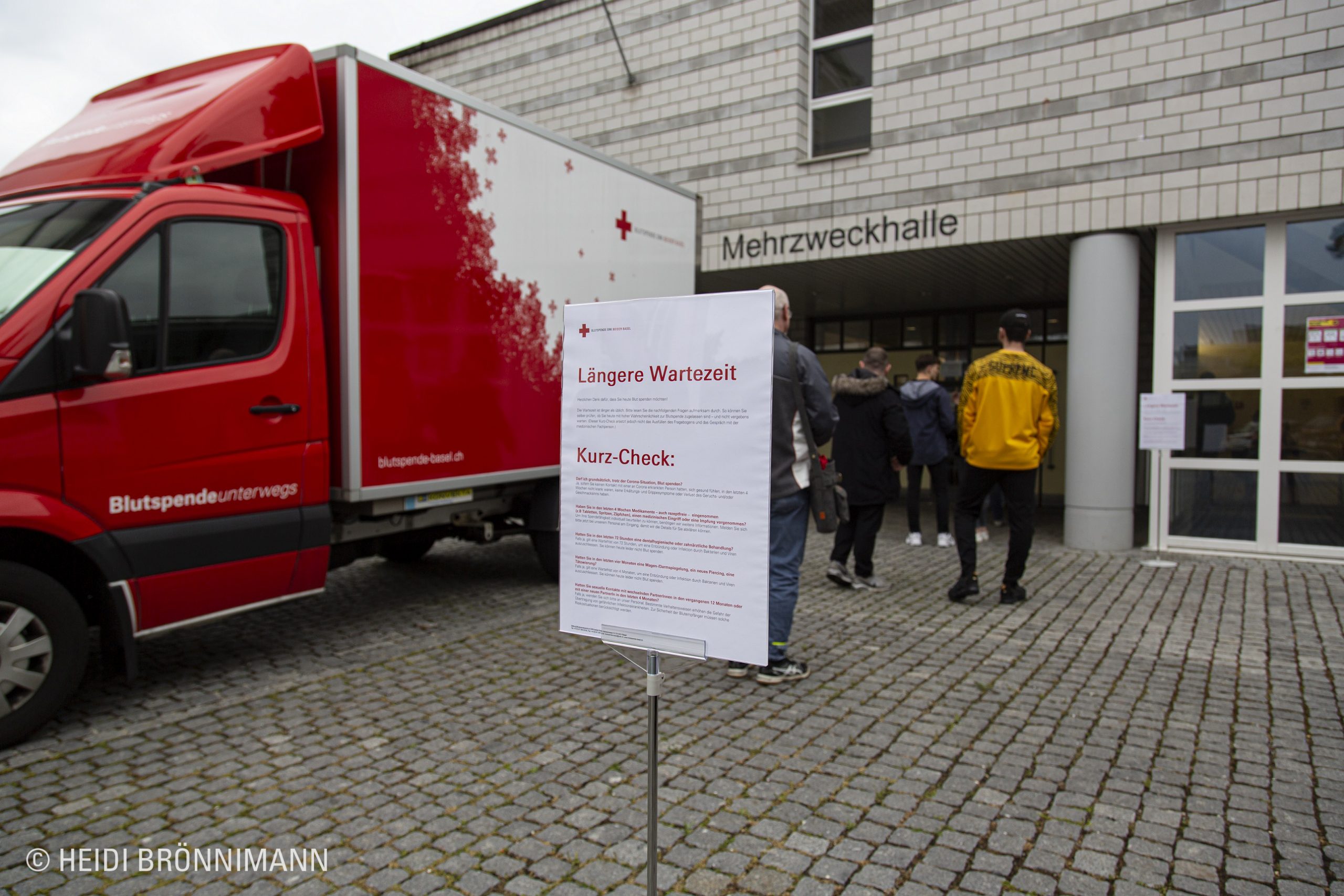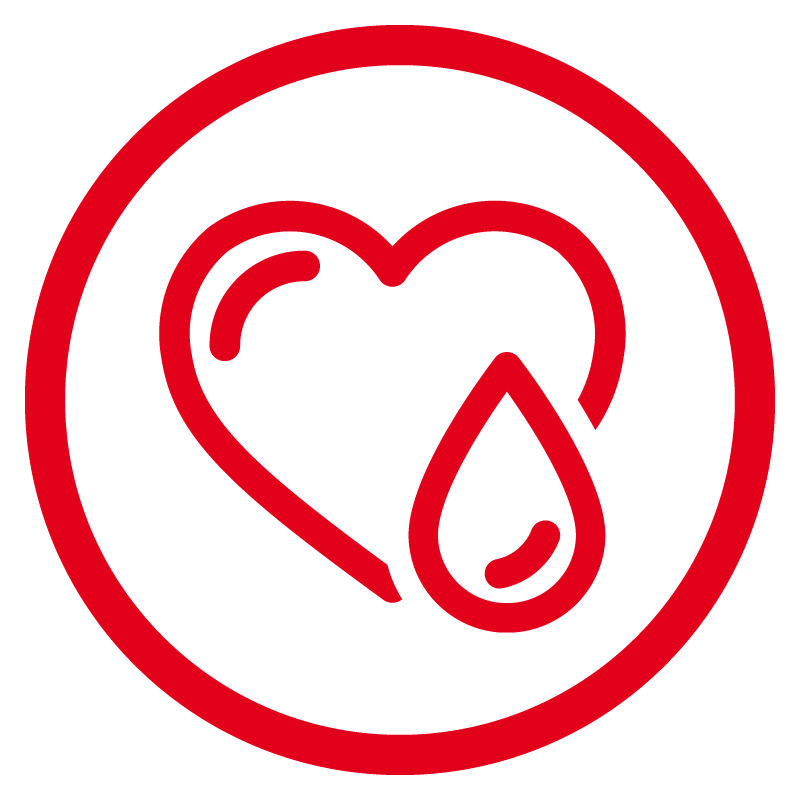Stable blood supply
The supply situation was very stable in 2020 during the Covid-19 pandemic; blood donation was possible throughout the year. Digital services were expanded.
It was possible to supply the blood product needs of the population in Switzerland throughout the entire year thanks to numerous protection measures and the solidarity of blood donors.


